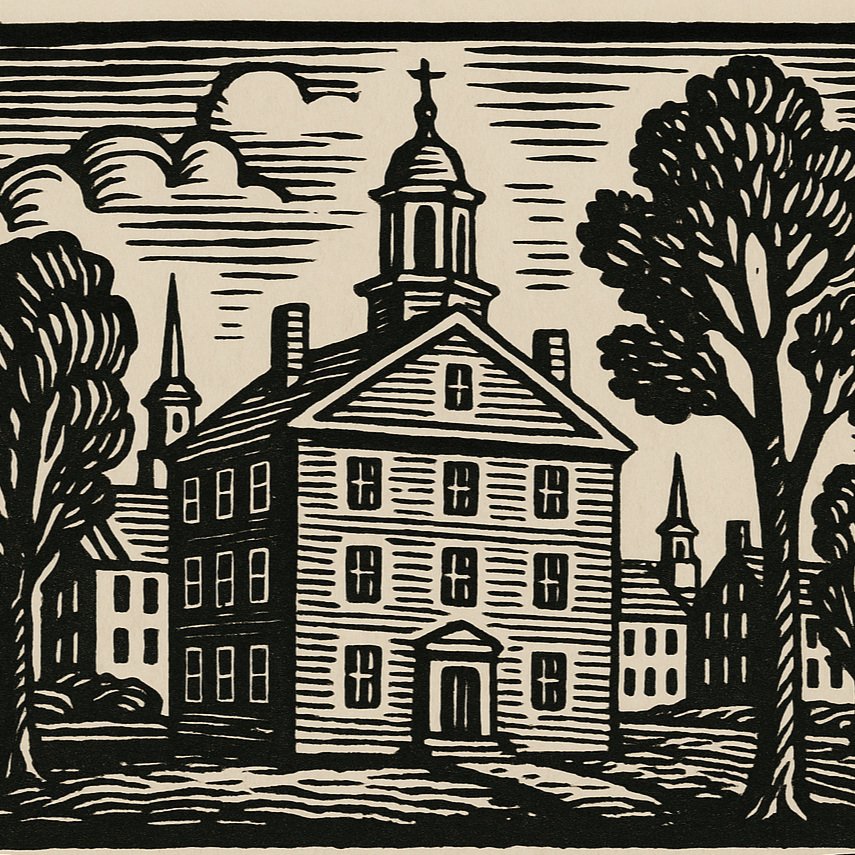
The Banishment Playbook: From Anne Hutchinson to Harvard
The Banishment Playbook draws a sharp line from Anne Hutchinson’s exile in 1637 to the Trump administration’s 2025 attack on Harvard. This essay explores how institutions wield power to silence dissent—and why that pattern still shapes our democracy today.
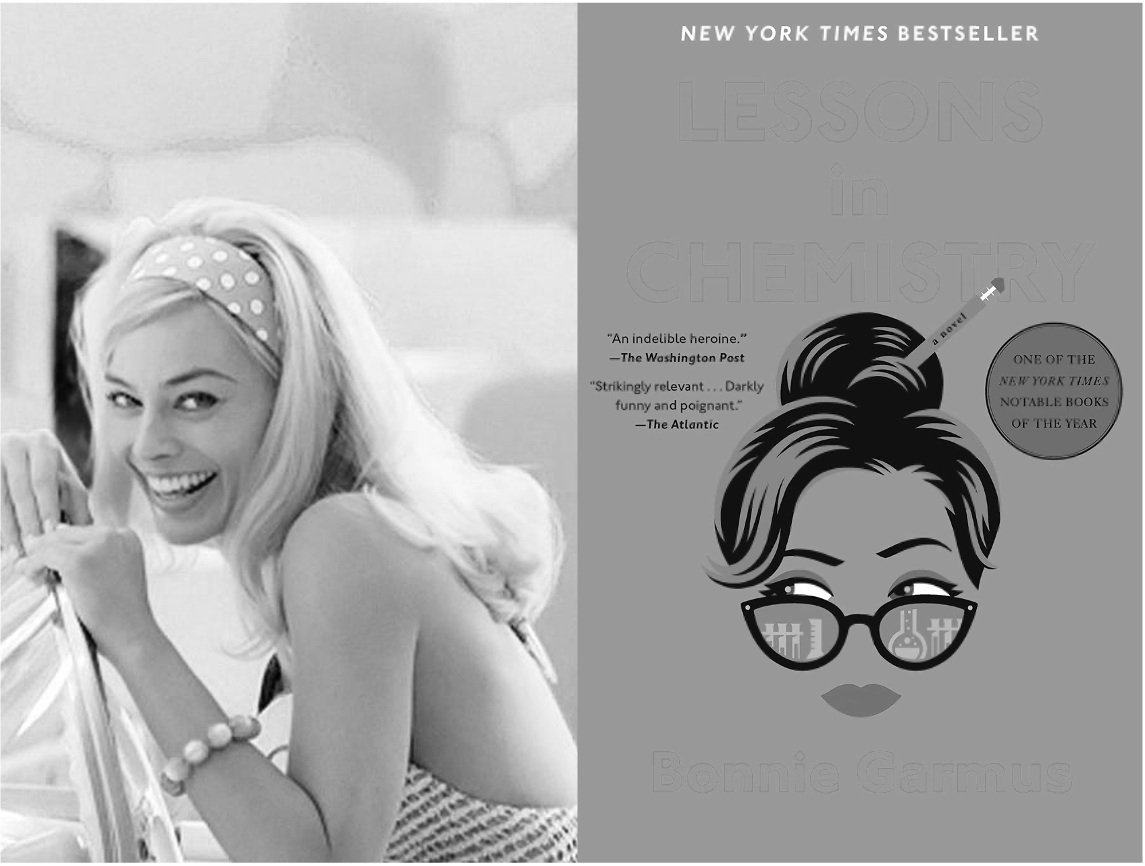
Barbie and Elizabeth Zott – Sisters Against the Patriarchy!
A plastic icon and a 1960s chemist might seem worlds apart, but together they expose the myths women still fight today—and how imagination can break them.
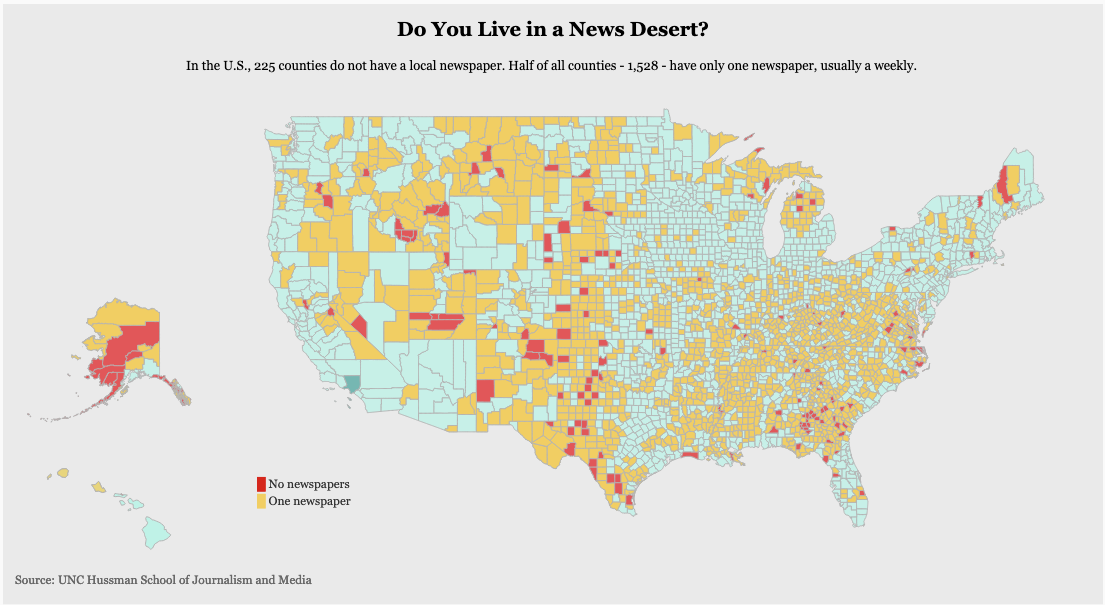
COVID-19 is devastating local news. Here's how advertisers can help to save it.
When COVID-19 struck, our fragmented, overstimulated media environment was ill-equipped to meet the urgent need for reliable, local information. This essay explores how the pandemic exposed the critical role—and fragility—of local journalism, and what its decline means for civic trust and democratic resilience.
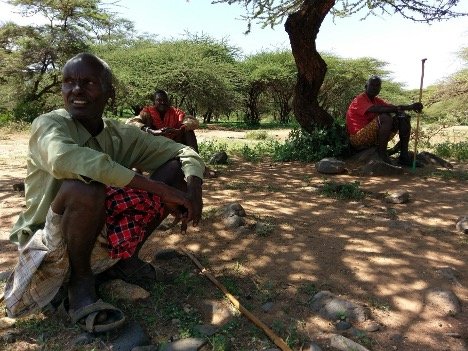
Hate Speech Heats Up on Local Radio in Kenya
In Kenya’s western region, local radio stations have become flashpoints for ethnic division, spreading coded hate speech that fuels conflict. This report explores how journalists and civil society leaders are working to defuse tension and rebuild trust — one broadcast at a time.
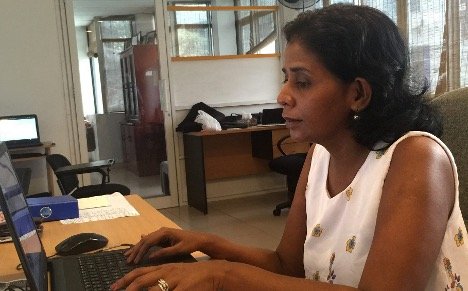
The Silent Crime
In post-war Sri Lanka, sexual violence remains a taboo subject, buried beneath the official narrative of reconciliation. This essay explores how wartime atrocities persist in silence, the role of impunity in prolonging trauma, and the urgent need for truth-telling as part of the country’s path toward healing.
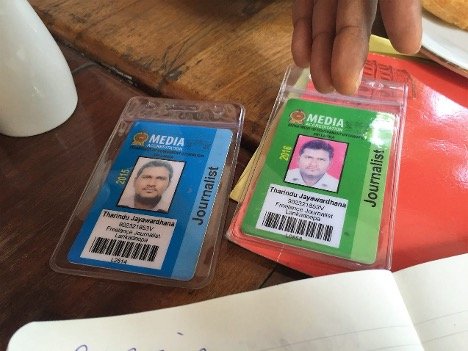
Young Journalists Support Sri Lanka’s Healing
In a country emerging from decades of conflict, a new generation of Sri Lankan journalists is helping bridge divides and rebuild trust through inclusive storytelling, courage, and community engagement.
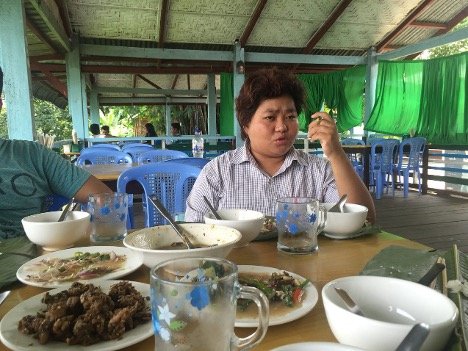
Local Journalism Against All Odds in Myanmar
As Myanmar’s government clamps down on dissent, small independent newsrooms are risking everything to report the truth. This dispatch highlights the courage of local journalists defying authoritarianism to keep the public informed.
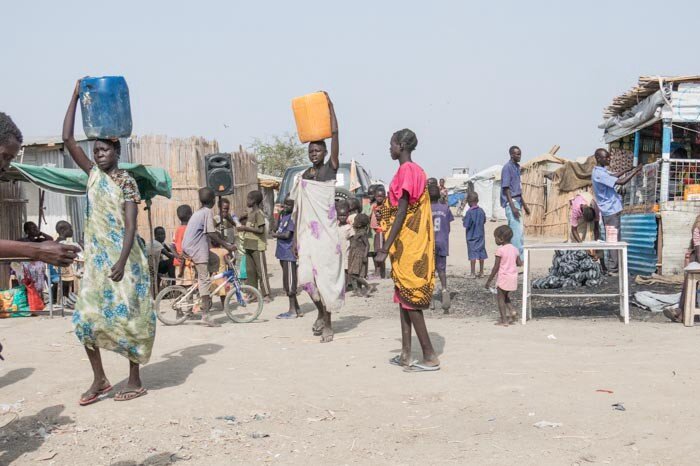
How Many Cows for an Educated Girl?
What is a girl’s education worth—and who gets to decide? A story that blends culture, metaphor, and the quiet revolution of female ambition.
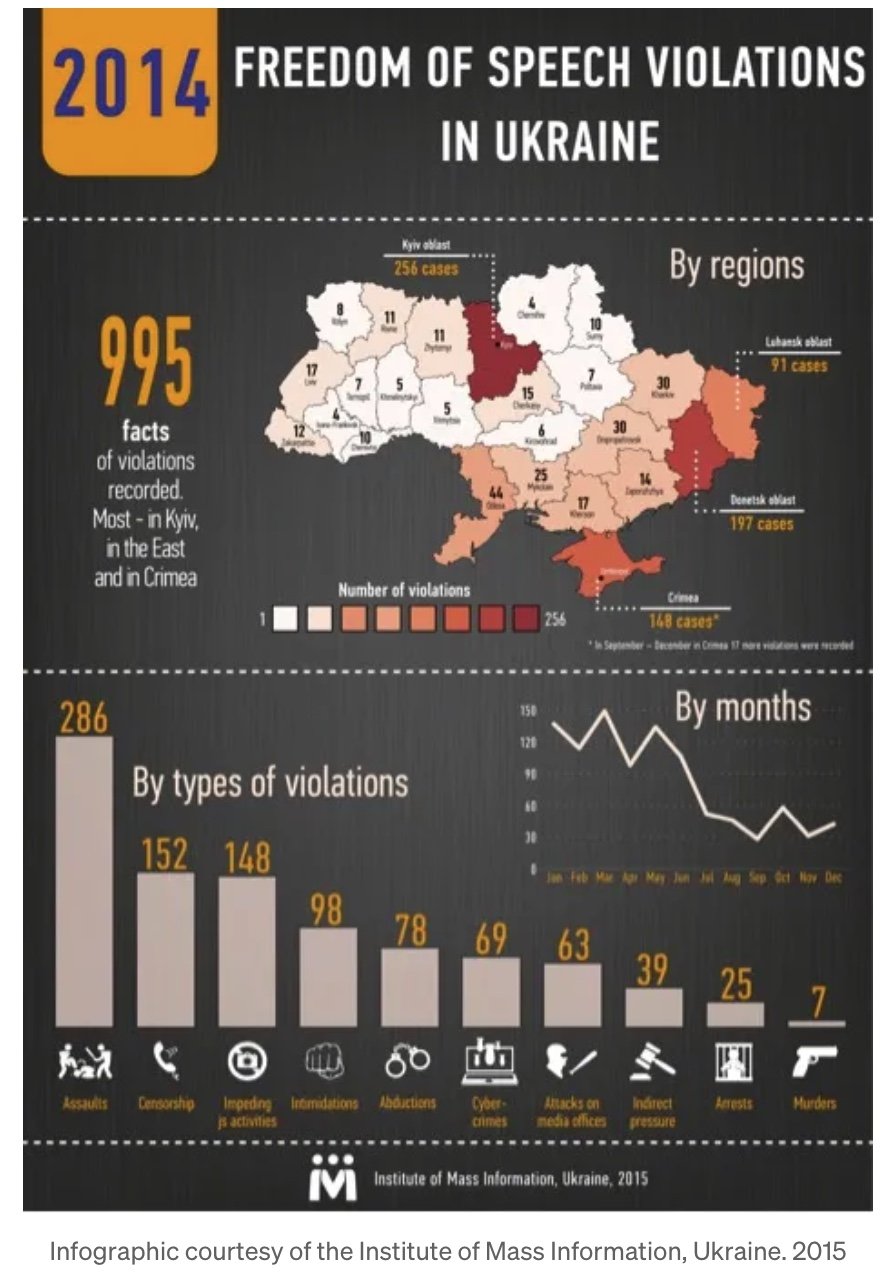
Combatting Corruption in Ukraine: Investigative Reporting from Slidstvo.info
In the chaos of war, truth-tellers emerge. This essay spotlights Ukrainian journalists risking everything to expose corruption—and preserve democracy.

Online Censorship: Controlled by the Fuzzy Line
In a digital world, who decides what we can see—and what gets erased? This essay interrogates censorship, platforms, and the future of speech.
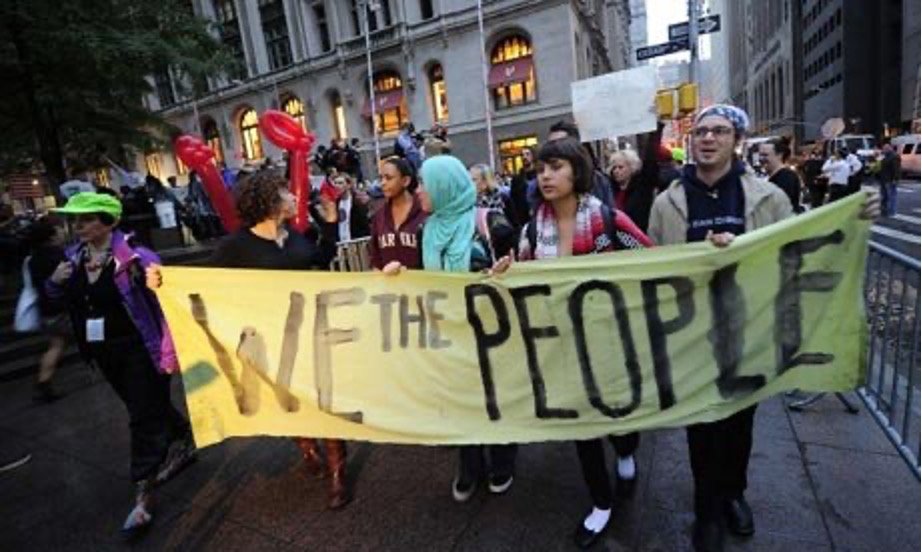
#OWS and the Paradox of Empowered Networks
Why did the most networked protest in history struggle to create change? A deep dive into Occupy Wall Street and the paradox of horizontal power.

Social Media and the Poverty of Ideas: New Forms for New Ideas
A reflection on the erosion of intellectual discourse in the age of social media. Are big ideas still possible in an information ecosystem ruled by speed, slogans, and profit?
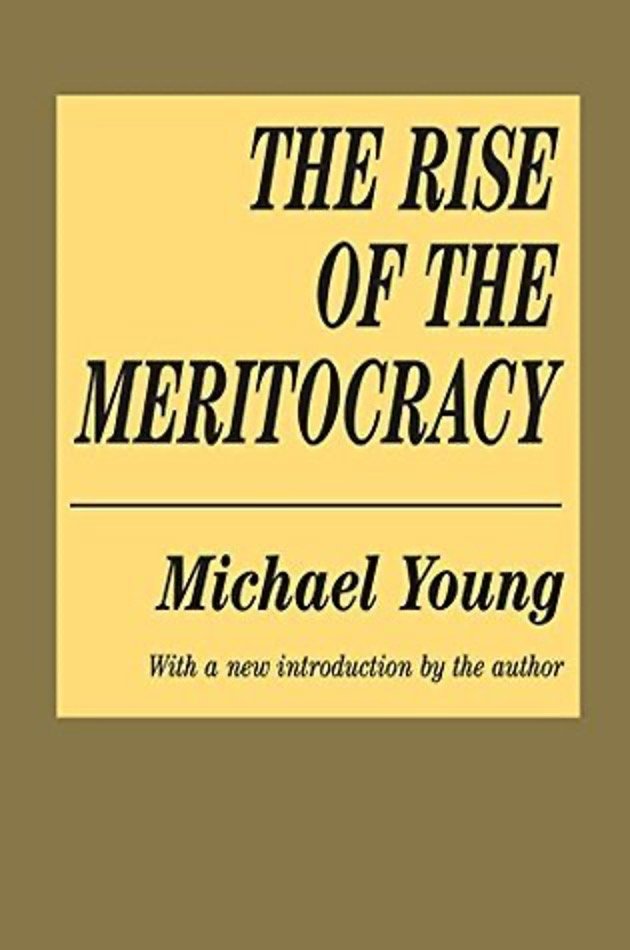
Social Media and Meritocracy: The Myth Reborn
Meritocracy was once a satirical warning. But in today’s digital world, its myth thrives — boosted by social platforms that confuse popularity with value. This essay interrogates the troubling rise of digital “scores” and the old hierarchies they reinforce.
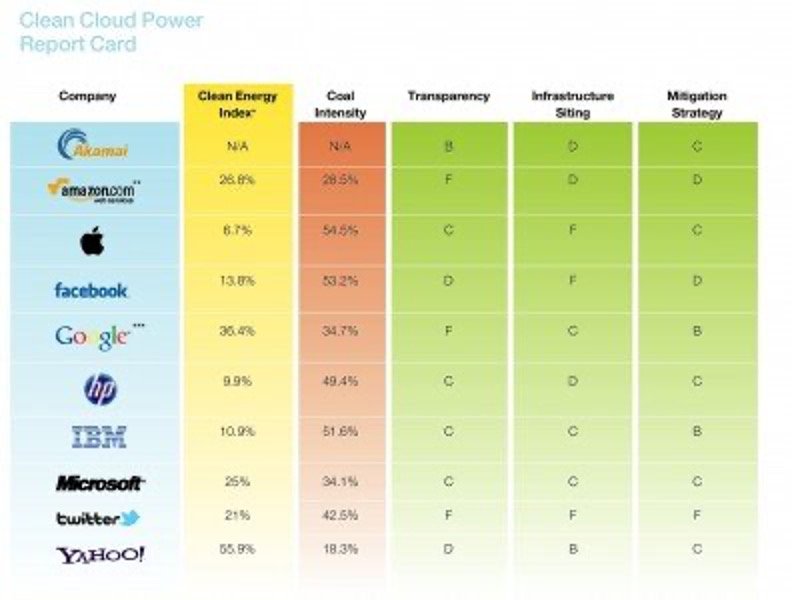
What Was Ephemeral is Now Permanent: Our Lives in Digital
Our digital footprints feel fleeting—but they’re not. This essay traces the shift from ephemeral behavior to permanent surveillance in our online lives.

More Big Data: What Has Truth Got To Do With It?
As Big Data reshapes everything from medicine to marketing, one question remains unresolved: what happens to truth? This essay explores the risks of outsourcing meaning-making to machines—and why we must stay awake to what’s being measured, and by whom.

The Innovation Paradox: Our Hopes and Fears
This essay explores the tension between our desire to create and our need to protect what makes us human: privacy, trust, and autonomy.
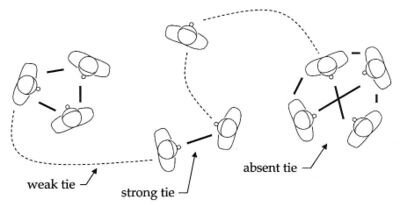
Diversity and Social Media: Helping or Hurting?
Does social media connect us more deeply—or merely scatter us wider? This essay unpacks the surprising ways our digital networks shape civic life.